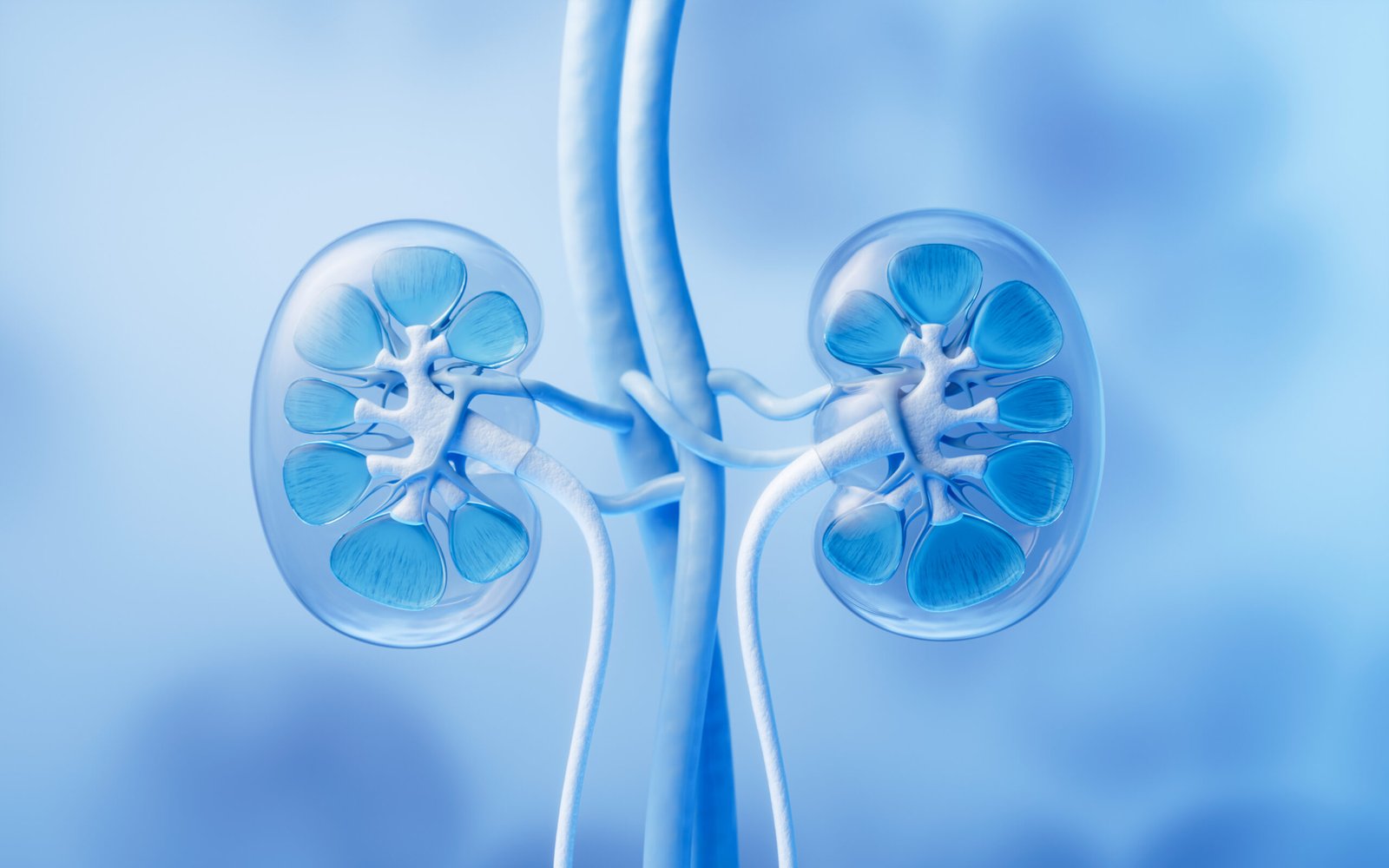|
WHY KIDNEY HEALTH IS IMPORTANT?
The kidneys play a vital role in maintaining human health by performing several critical functions. Firstly, they are responsible for removing waste products from the body in the form of urine, ensuring that harmful substances do not accumulate and disrupt normal bodily functions. Additionally, the kidneys regulate fluid levels in the body, helping to maintain proper hydration and electrolyte balance. This includes the maintenance of normal blood pressure and the regulation of essential electrolytes such as sodium, potassium, calcium, phosphorous, and magnesium. By keeping these electrolytes in a balanced state, the kidneys support overall physiological stability and prevent potential complications.

Furthermore, the kidneys are involved in the production of essential hormones that contribute to overall well-being. They produce erythropoietin (EPO), a hormone that plays a crucial role in the maturation of red blood cells, thereby helping to maintain adequate blood hemoglobin levels. Moreover, the kidneys are responsible for producing active vitamin D, which is necessary for bone health and various vital body functions. Additionally, they contribute significantly to drug metabolism by removing most of the drugs consumed by individuals, ensuring the elimination of potentially harmful substances from the body. Overall, the multifaceted functions of the kidneys highlight their indispensable role in maintaining optimal health and well-being.